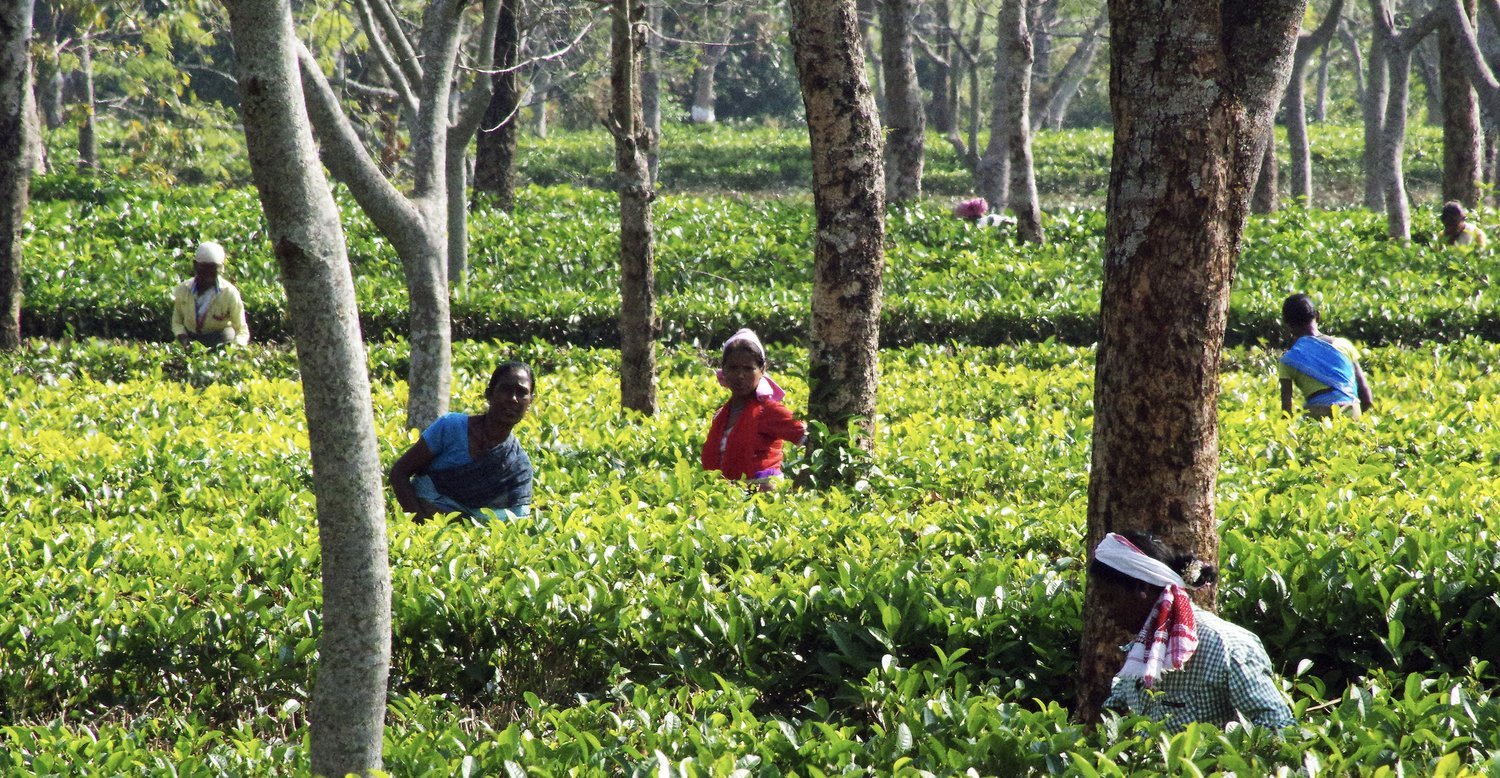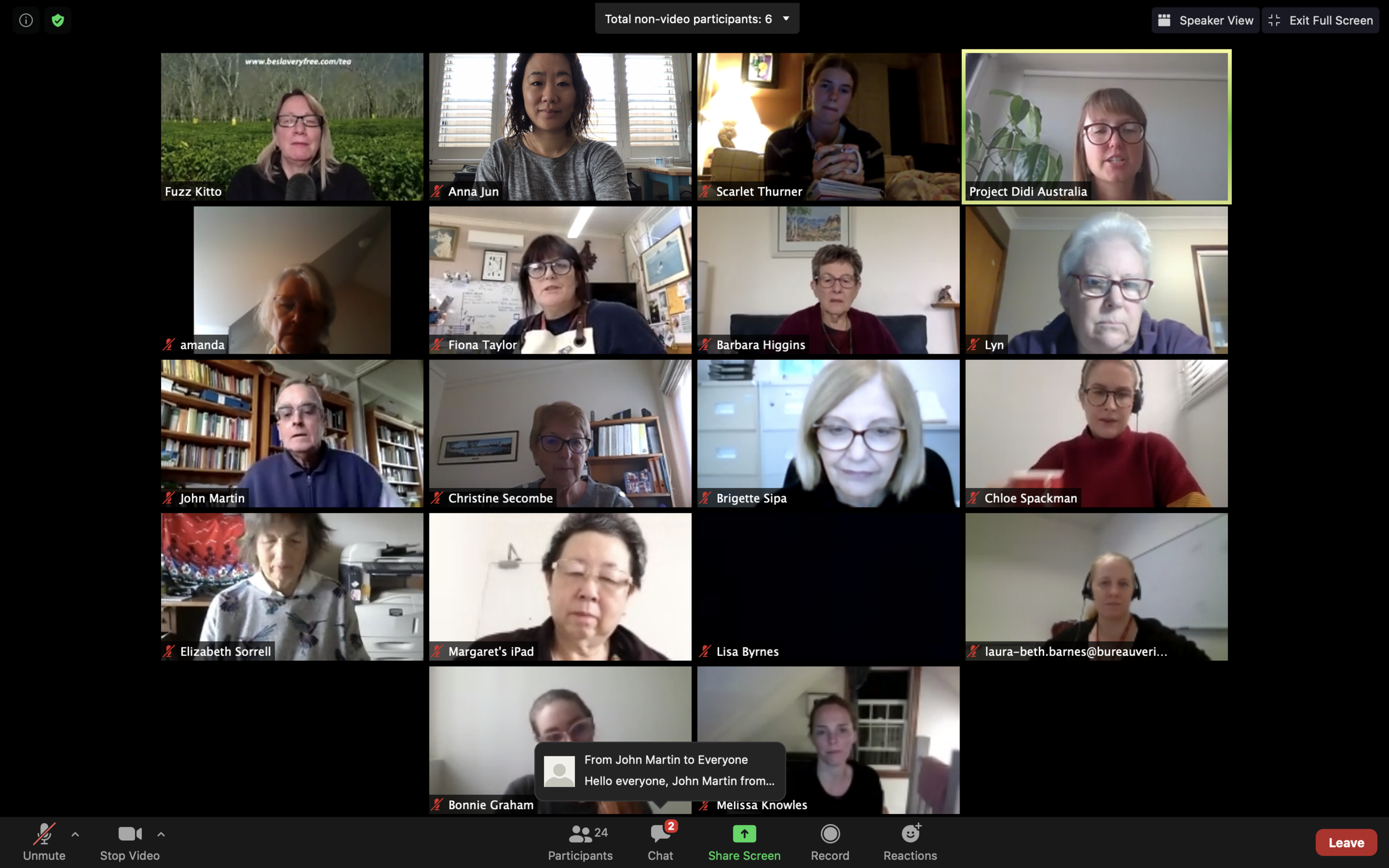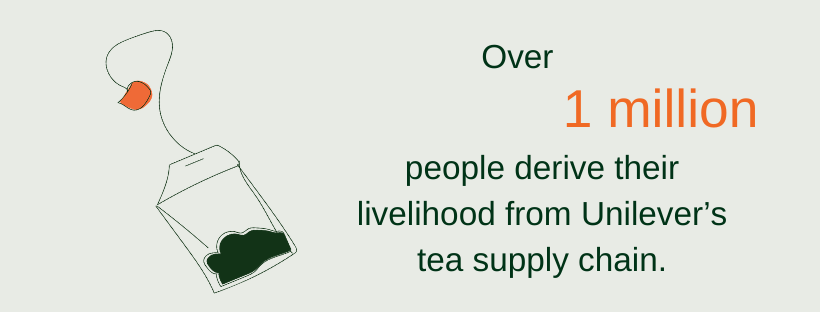
Tea Campaign
The picturesque tea plantations of Assam, India hide a dark side to the business of tea making. Watch the video below to learn more about the living and working conditions of tea pluckers.
-
-

Low Wages
Tea workers in Assam receive as little as AU$2.80 per day. This is not enough to meet their basic needs.
-

Few Opportunities
Under Indian law, plantations must provide housing, food, sanitation facilities and child care. Employers inflate the value of these benefits to justify low wages. As tea must be processed soon after it is picked, workers have no option but to live on the plantations, if they want a job.
-

Women and Girls Wear the Burden of Poverty
Women take on the most labour-intensive, lowest paid job of picking tea leaves. Traffickers prey on their desire for a better life, deceiving them with false promises and trapping them in exploitation and sexual slavery in Indian cities.
-
What can you do?
SEND A MESSAGE TO T2
Your voice can make a difference.
Are you one of the 9.8 million Aussies that drinks more than a cuppa a day? When it comes to tea, Australians have consumer power.
YOU have power.
Join us in asking T2 to commit to a wage for tea workers that allow them to live with safety and dignity. We're working with our friends at Project Didi on this campaign. Learn more below.
We need as many voices as possible to collectively persuade T2. The button below will direct you to a pre-filled email to write to T2. It will take as long as boiling the kettle! You can also send an email to customercare@t2tea.com
HOST A TEA PARTY
Do you love tea, or have friends that do?
Do you have 20 minutes to add to your team meeting or drinks with friends? Do you believe everyone loses when inequality goes unchallenged? We need champions, like you, to hold a (virtual) tea party & influence T2.
(And send us the photos! australia@beslaveryfree.com)
LEARN MORE ABOUT THE ISSUE
Watch the virtual tea parties to get a quick overview, and read the reports below in resources!
#SOMETHINGFORSLAVERY Tea Party 1
Our first virtual tea party we featuring Carolyn Kitto (National Co-Director of Be Slavery Free) and Clare Bartram (Board Member of Project Didi) discussing the living and working conditions of tea pluckers in Assam, and why we must do something.
#SOMETHINGFORSLAVERY Tea Party 2
In this tea party, you’ll hear testimony directly from tea garden workers of Assam about their working conditions, and a great in depth overview from Fiona Gooch on the supply chains of tea. Fiona was instrumental in the successful campaign to persuade all 6 of the UK's biggest tea brands to reveal their suppliers, down to the exact tea estate.
And you’ll hear from Project Didi’s Chloë Spackman & Be Slavery Free’s Carolyn Kitto on what you can do to help end slavery and human trafficking in the tea gardens of Assam.
DONATE YOUR TEA MONEY
Low wages on India's tea plantations leave workers vulnerable to modern slavery. We are asking you to donate your tea money to support our campaign for a living wage for tea workers.
The average Australian consumes 9.5 cups of tea a week or 1.48kgs per year.
Over a year that means $177.60 or $13.66 a month
Let’s talk about T2.
WHY T2?
T2 started in Australia and is a much loved company. Did you know T2 is owned by Unilever? Unilever, along with 2 other companies, owns roughly 80% of the global tea market.
Unilever sources their tea from both tea plantations they own and a network of suppliers, that includes over 300 suppliers in Assam alone. Unilever has industry leading policies for fair compensation for their direct employees, but we would like to see these extended to their suppliers to ensure tea workers receive a living wage.
Oxfam estimates that workers on plantations in Assam currently receive around AU$0.06 per 100g of bagged black tea. They would require only the equivalent of AU$0.15 to enable a living wage to be paid. T2 sells 100g of their Assam black tea for AU$12.
WHY A LIVING INCOME?
A living income is the net annual income required for a household in a particular place to afford a decent standard of living for all members of that household.
Elements of a decent standard of living include: food, water, housing, education, healthcare, transportation, clothing, and other essential needs including provisions for unexpected events.
https://www.globallivingwage.org/about/living-income/






